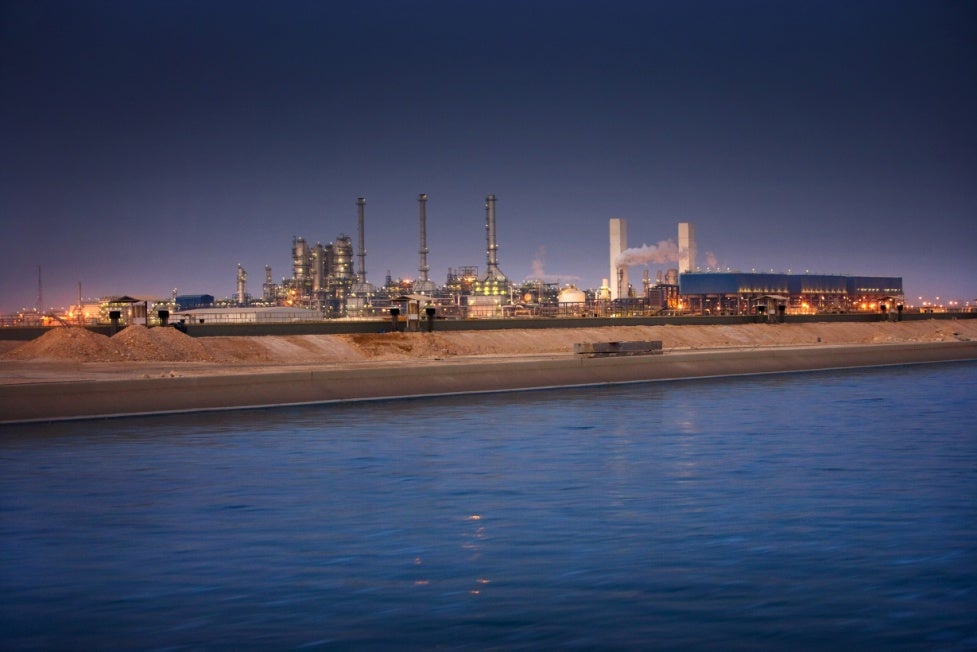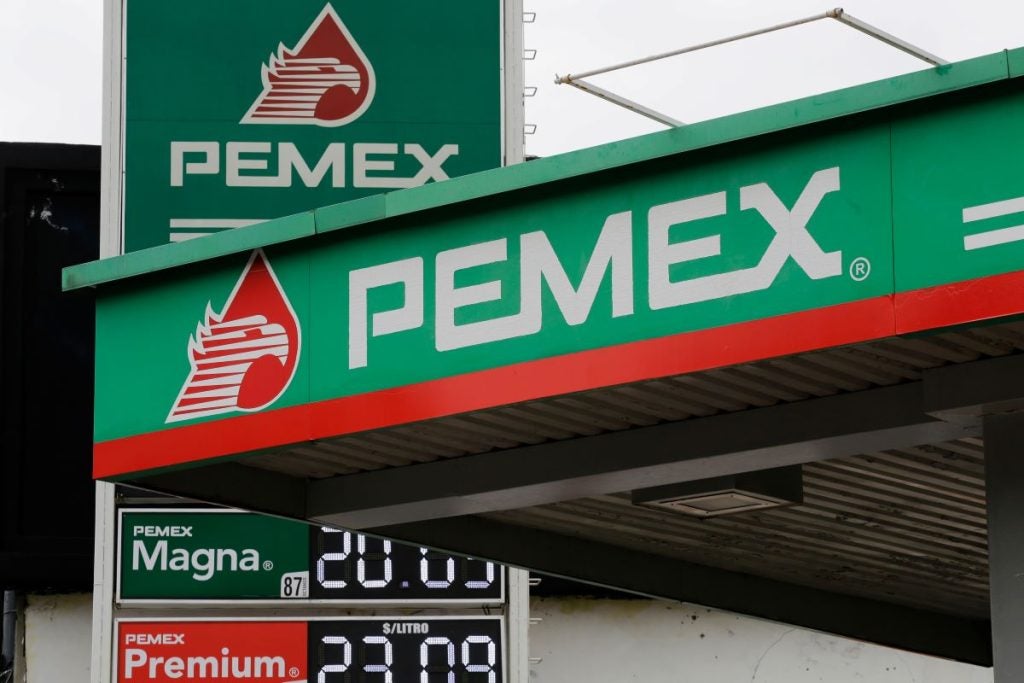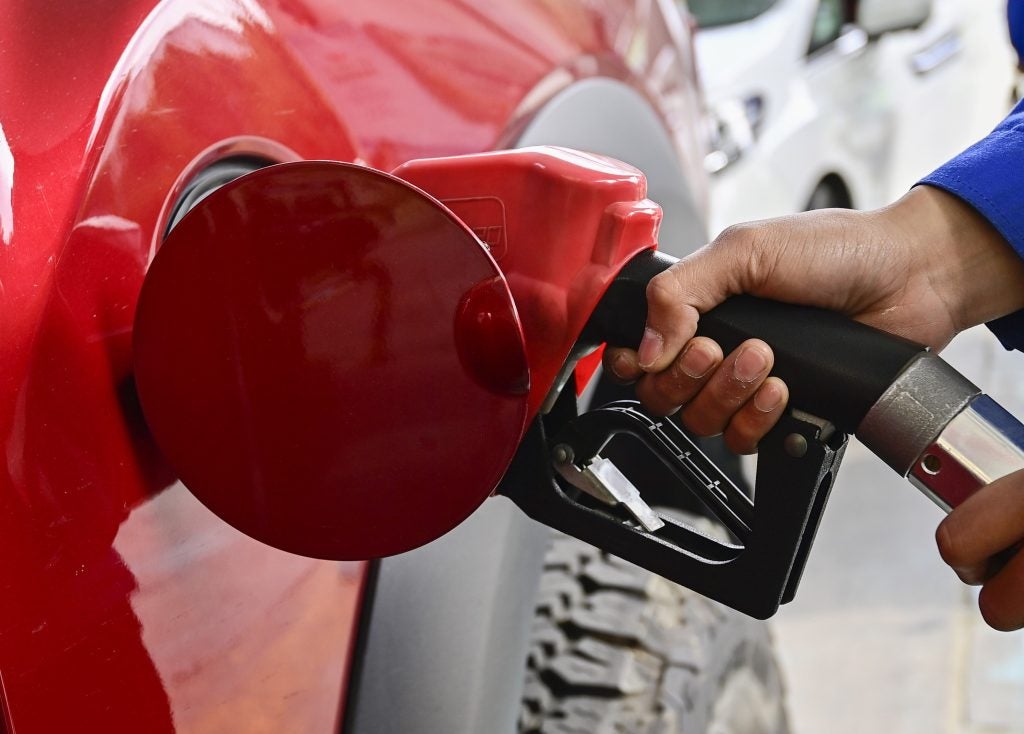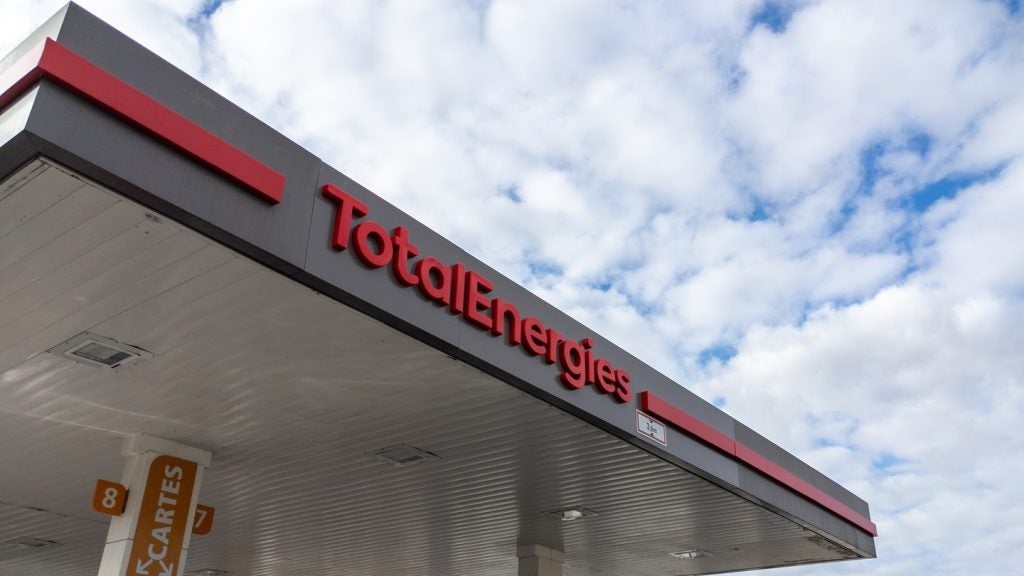Qatar has insisted its decision to quit the Organisation of the Petroleum Exporting Countries (Opec) with effect from 1 January 2019 is aligned with its strategic objective of cementing its position as a key supplier of natural gas to the world, and is not politically motivated.
The Gulf state is the largest producer of liquefied natural gas (LNG) globally, with an output of about 77 million tonnes a year (t/y). With an LNG capacity expansion project currently underway, state-owned Qatar Petroleum (QP) hopes to ramp up production to 110 million t/y by 2023, when a fourth gas liquefaction train is commissioned, further consolidating its status in the gas sector.
However, a modest oil production of 610,000 barrels a day (b/d) has meant that, despite being one of the five initial countries to join Opec in 1961, Qatar has had little sway over the cartel’s policies in its 57-year membership period.
Qatar is Opec’s eleventh largest oil producer out of 15 members, and constitutes under 2 per cent of the group’s total output of 33.3 million b/d.
Qatar’s Opec withdrawal
The decision to quit is therefore hardly going to rattle the syndicate or mar its control on the global crude market in future.
“The news should not come as a huge surprise. Qatar is Opec’s smallest Middle East oil producer, and the group’s fifth smallest producer overall. Its total 2018 oil production is estimated at 600,000-650,000 barrels per day,” Lynn Morris-Akinyemi, research analyst, MENA upstream, at Wood Mackenzie, said.
How well do you really know your competitors?
Access the most comprehensive Company Profiles on the market, powered by GlobalData. Save hours of research. Gain competitive edge.

Thank you!
Your download email will arrive shortly
Not ready to buy yet? Download a free sample
We are confident about the unique quality of our Company Profiles. However, we want you to make the most beneficial decision for your business, so we offer a free sample that you can download by submitting the below form
By GlobalDataHer colleague from Wood Mackenzie, Ann-Louise Hittle, vice president, macro oils, added: “Qatar has minimal spare capacity so its exit won’t affect the volume of oil supply in the market during 2019, or risk Opec’s goal of reducing output next year.”
“However, it does come at a time when Opec needs to hammer out a deal in the face of market scepticism in the cartel’s ability to control production,” Hittle said.
Hint of politics
It is the timing of this decision to quit Opec – three days ahead of the cartel’s crucial meeting in Vienna with its allies on 6 December – that suggests Doha’s move may not just be a “technical and strategic change”, as the country’s energy minister and QP’s CEO Saad al-Kaabi has described it.
Opec’s de factor leader, Saudi Arabia, has been leading the cartel’s landmark efforts to cooperate with a Russia-led group of 11 key non-Opec oil producers since late 2016. That position may have left Doha feeling its interests in oil politics was being marginalised by the bigger players.
“More importantly is the timing of Qatar’s withdrawal – just three days before Opec meet in Vienna to finalise the production cuts.
This suggests that Qatar may have an agenda to raise production whilst others in Opec are curbing production, although Qatar’s oil output has been very steady in recent years with limited prospects of increases (given maturing fields),” Ehsan Khoman, head of MENA Research and Strategy at Tokyo-headquartered MUFG, said.
Hittle makes a similar point, saying, “The smaller nations of Opec have a relatively quiet role in the group’s decision-making and Qatar may also see that it has less to gain from its membership now that is not involved in the GCC.”
It can be argued that Opec membership would not have hampered Qatar’s gas ambitions however. Saudi Aramco, the state energy firm of Opec’s largest member Saudi Arabia, is also working on raising its gas production potential.
The relatively smaller Opec associate, UAE’s Abu Dhabi National Oil Company (Adnoc), is also pressing ahead with a campaign to raise gas prospects, through a mix of developing sour gas and unconventional assets, as well as through an exploration drive that has resulted in its first ever upstream licensing round.
Aramco and Adnoc have made a pact to jointly explore opportunities for growth in the gas domain.
Qatar’s planned departure from Opec could also be a result of a change in the country’s energy ministry leadership. Doha’s former energy minister Mohammed Bin Saleh al-Sada seemed more supportive of Opec’s policies to manage global oil supply and rein in crude price swings.
Just a month before the energy reshuffle in early November, which saw Al-Sada replaced by QP CEO Al-Kaabi, the former defended Opec’s actions at an industry event in Moscow on 3 October. He is quoted as saying: “Opec is not trying to manipulate the price, it’s trying to bring the market to balance.”
“When Opec took the measure to restrict the production from its end, as well as some allied [oil producing] countries, it was meant to shave the extra excessive stock, which was at a record high, that was depressing the oil price. That depression of the oil price led to what? [Did it] lead to a better world economy?”
“In fact, there was the worst record for the global economy during that downturn in the oil price,” Al-Sada said. “Now during the journey of the recovery in the oil price look what happened: the balance [in the market] between supply and demand has taken place, the world economy is at its best now.”
With Al-Kaabi in command of both QP and Qatar’s energy-related decision-making, the country is more likely than ever to use its formidable gas position to counter the energy prospects of its regional and global rivals.
For now, Qatar’s reliance on LNG revenues has meant its intention to quit Opec will have no noteworthy impact on its sovereign credit score, according to global credit ratings agency Moody’s. “Qatar’s reliance on LNG means that Opec’s decisions on oil supply and their implications for oil prices will continue to have an indirect impact on Qatar’s government and export revenue,” Alexander Perjessy, vice president, Senior Analyst at Moody’s, said.
For Opec – with Iran under US economic sanctions and Qatar attending its symbolic last meeting in Vienna – a deal with the Russia-led non-Opec group revising supply to boost prices, seems more likely and easier to achieve.
“More positive for Opec is the statement from President Vladimir Putin in Argentina at the G20 – that Russia has agreed to cooperate with Opec to ensure production restraint during 2019, as needed,” Hittle said.
A slight drop in crude demand, coupled with a significant rise in US shale oil production in recent weeks, had driven prices down to under $60 a barrel in recent days. This was from a high of above $85 in early October. A supply curb to steady crude prices at $70 a barrel has therefore become the primary objective of the Opec+ grouping.
“Given the likely cautious wording of the agreement with a focus on stabilising inventories – the focus of attention [at the upcoming meeting] will thus be on any evidence of a decline in exports, as well as an end to the larger than seasonal inventory builds that will bring Brent prices back slightly above $70/b in January 2019,” Khoman commented.
This article is sourced from Offshore Technology sister publication www.meed.com, a leading source of high-value business intelligence and economic analysis about the Middle East and North Africa. To access more MEED content register for the 30-day Free Guest User Programme.










Related Company Profiles
Moody's Corp
Saudi Aramco (Inactive)
Aramco
Wood Mackenzie Ltd
Offshore Technology Corp